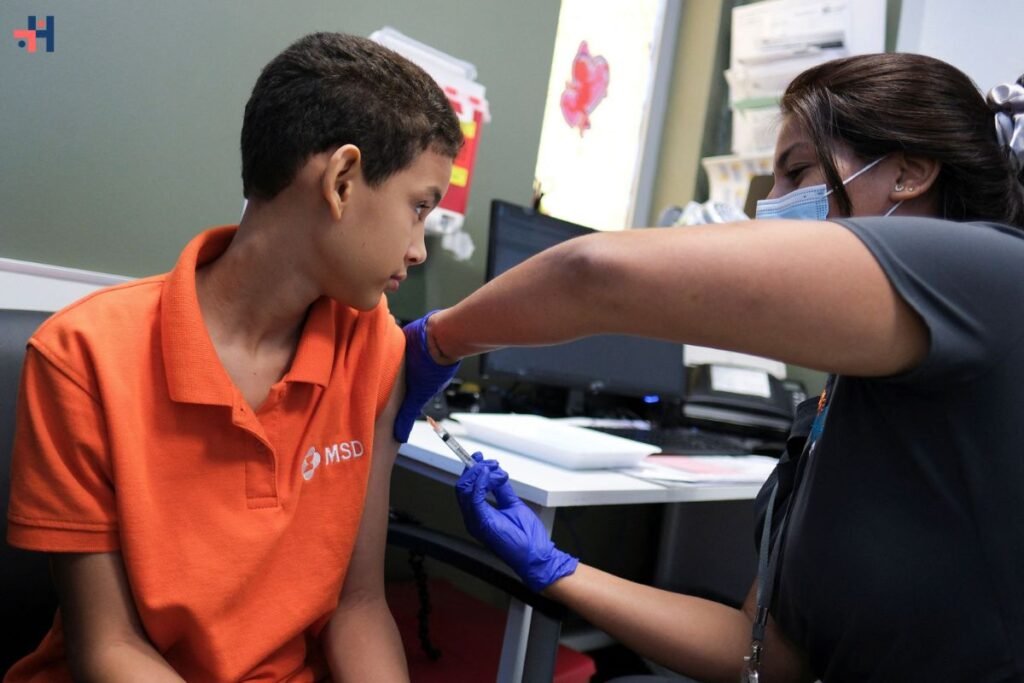[Source-CNN]
Puerto Rico has announced a state of public health emergency in response to a sharp rise in dengue fever cases, prompting urgent measures to combat the outbreak.
Puerto Rico Alarming Increase in Cases
Health authorities, led by Puerto Rico Secretary of Health Carlos Mellado, have sounded the alarm as the island grapples with 549 reported cases of dengue fever this year alone. This surge far surpasses historical averages, signaling a pressing health crisis.
Secretary Mellado emphasized the implementation of an integrated plan for prevention and control of arboviruses, including dengue. The declaration of a public health emergency will unlock additional resources to bolster surveillance and case management initiatives.
Understanding Dengue
Dengue fever, a prevalent mosquito-borne illness worldwide, affects over 400 million individuals annually. The primary vector, the Aedes aegypti mosquito, also transmits other viruses such as yellow fever, chikungunya, and Zika.
Approximately one in four individuals infected with dengue experience symptoms ranging from fever and nausea to rash and body aches. Severe dengue, although less common, can lead to complications such as shock and internal bleeding, contributing to around 40,000 deaths globally each year.
Puerto Rico becomes the latest place to declare a dengue emergency
Preventive Measures
Health officials urge the public to employ preventive measures, including the use of insect repellent and the elimination of potential mosquito breeding grounds. Additionally, individuals are advised to wear protective clothing and install mosquito nets on beds and wire mesh on doors and windows.
While a dengue vaccine is available for children aged 9 to 16 with confirmed prior infection, there is currently no vaccine for adults in the United States. Vaccination campaigns target endemic areas like Puerto Rico, where dengue outbreaks pose significant health risks.
Impact of Climate Change
Experts highlight climate change as a contributing factor to the proliferation of dengue fever, with rising temperatures expanding mosquito habitats and facilitating viral transmission. Efforts to combat dengue must consider the intersection of environmental factors and public health initiatives.
As Puerto Rico grapples with a surge in dengue cases, the declaration of a public health emergency underscores the urgency of addressing the outbreak. Collaborative efforts between health authorities and the public are vital in mitigating the impact of dengue fever and safeguarding community well-being.









